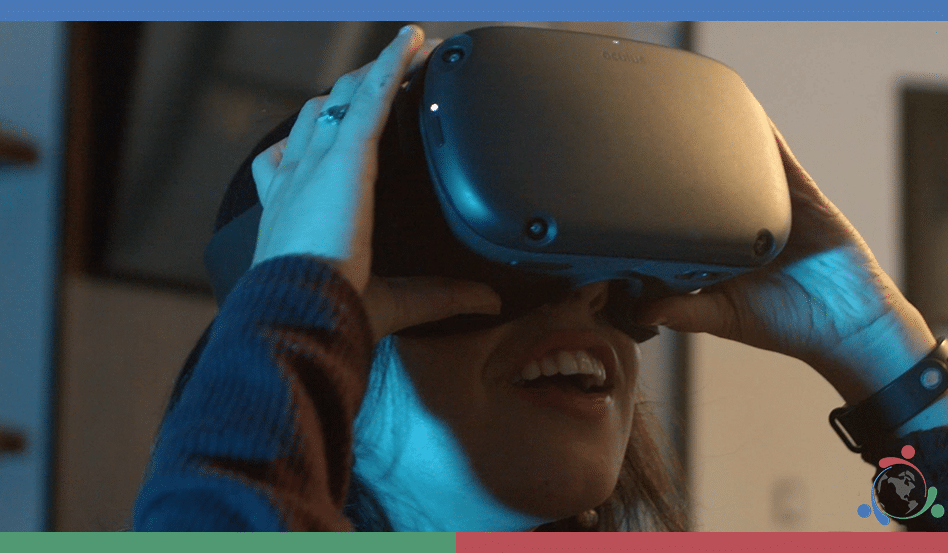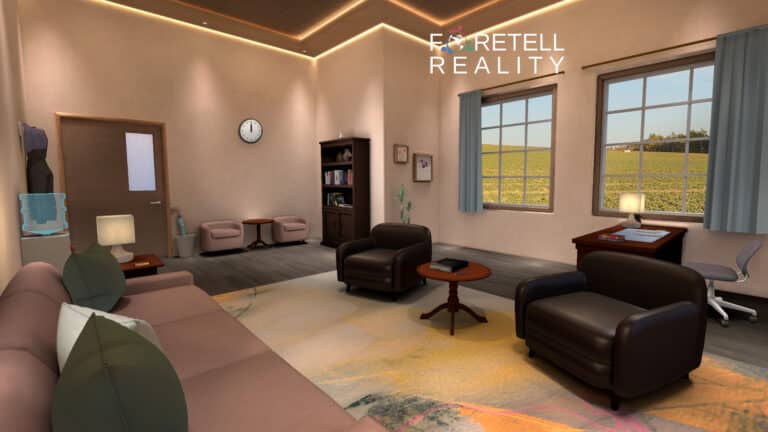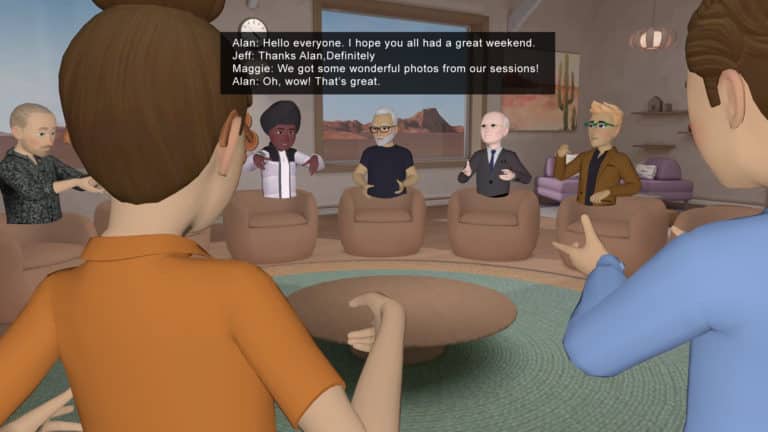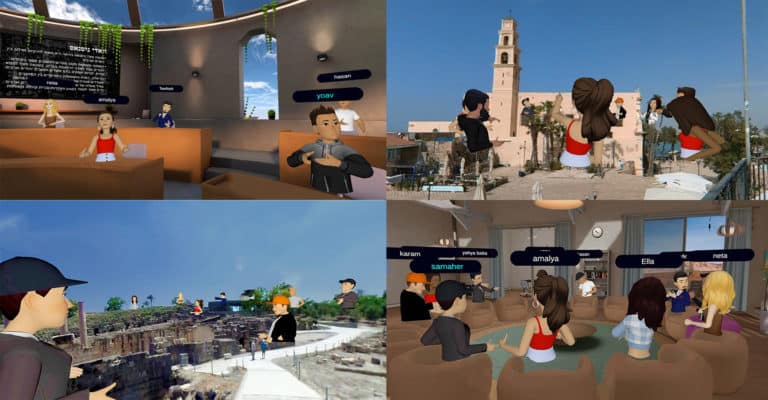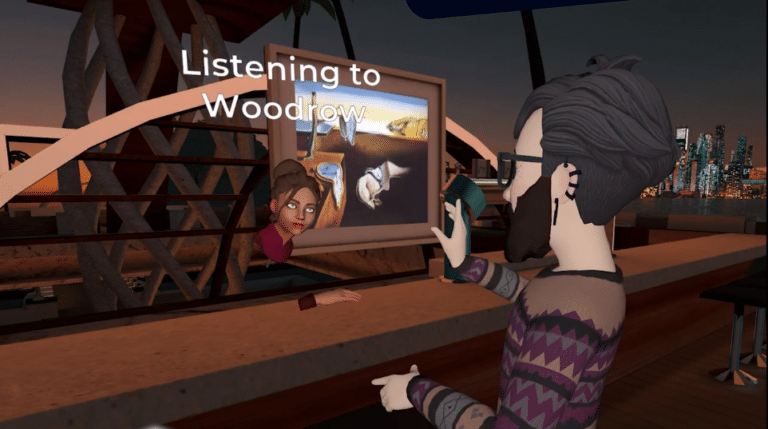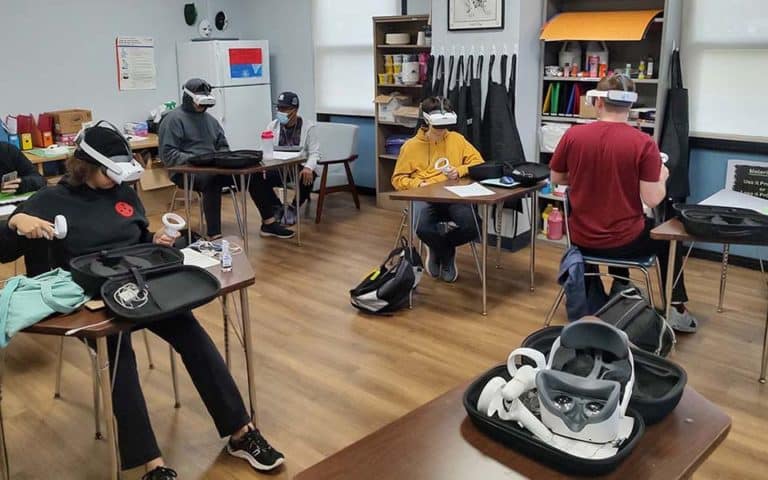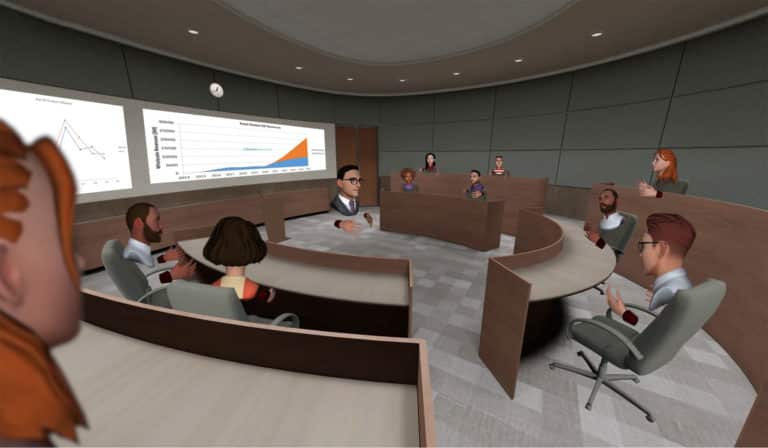The Current State of Soft Skills
Every year, people spend more and more time staring at screens. On average, Americans now allocate an average of six hours each day to screen time, more than double the amount of time spent 10 years ago. How does this affect soft skills such as empathy, teamwork, negotiation, listening, and public speaking? In at least two important ways:
First, more time on screens means less time spent with others in person. In particular, it means less time spent with people who are not already friends, colleagues, or family members. Being comfortable in unfamiliar social situations, whether for business or in personal life, is ultimately reliant on repeated exposure to unknown people in a variety of circumstances.
Second, communication through screens, whether text or video, follows its own set of norms and rules that do not necessarily prepare people for physical, in person communication. For example, gesturing, eye contact, tone of voice, and overall body language cannot be conveyed over audio, chat or email and are limited with video.
The move to screens is particularly affecting a younger generation that grew up with them from an early age. The Industry & Higher Education Journal recently highlighted the effects of the decline in social capital among college students. The study found that many students lack the “cultural and behavioural information and sensitivity they need to learn soft skills” and that this is caused by a “decrease in building social capital through face-to-face interaction, rather than due to colleges not preparing graduates for success in the business environment.”
Why does this matter to businesses?
According to LinkedIn’s Global Talent Trends 2019 soft skills aptitude is critical to employers. The vast majority, 92% of talent professionals, say that “soft skills are equally or more important to hire for than hard skills. And 89% said that when a new hire doesn’t work out, it’s because they lack critical soft skills.” Unfortunately another recent study found that 4 in 10 corporations and almost half of academic institutions believe that recent graduates lack critical “soft skills.”
Growing a business is a collaborative effort and effective collaboration requires strong interpersonal skills both internally and when working with clients or customers. Teaching soft skills to those entering the workforce and expanding and skills of existing employees remains a challenge as it requires people to coordinate a physical meeting location and also be comfortable envisioning imaginary scenarios and “acting out” different roles.
How can Foretell Reality help develop professional skills?
Foretell Reality is a virtual reality (VR) platform that fully immerses users in life-like 3D environments to communicate and collaborate with one another whether remotely or in person. Participants are placed in situations that feel real and simulate authentic human interactions, making learning tactile as well as auditory and visual.
In the case of soft skills training, Foretell Reality allows students and professionals to embody virtual identities in order to role play real life situations that improve skills such as public speaking, listening, empathy, negotiating, networking, and collaboration. Real time feedback, behavioral analytics, and the ability to repeat exercises over and over again all help participants navigate their own learning path.
Though it may not seem intuitive to use a digital platform to learn social skills, a study by researchers at Clemson University showed that virtual reality functions just as well as face to face tutorials for preparing students for public speaking presentations and may further develop students’ soft skills.
Soft Skills Development: Foretell Reality and Fordham University
Foretell Reality recently partnered with Fordham University to teach professional soft skills to groups of business students.
In one networking simulation, business students were assigned avatars that ranged in age, gender, and race. Students were challenged to overcome any implicit biases that could exist based on an avatar’s outward presence and instead focus on networking and listening to the technical skill set of each avatar.
In another exercise, students simulated negotiating during high stake business meetings while having their behavior broadcasted in real time before their class for critique.
Foretell Reality for Soft Skills Development
Foretell Reality offers multiple pre-built environments to practice soft skills including small and large board rooms, presentation halls, and open areas for networking. Each location can hold up to 30 remote teammates and an unlimited number of viewers who can watch the sessions from different perspectives.
Within environments, the platform provides tools that allow participants to practice skills like presenting, collaboration, pitching, and team building. These can range from white boards and sticky notes to pointers and private messaging.
The ability to embody a virtual avatar promotes empathy and also allows for anonymity. For example, a male can play the role of a female during a negotiation session or a manager can join a session as an employee without revealing his identity.
With more people spending time in front of screens and less time in person, developing soft skills is as or more critical to success as learning hard skills. Foretell Reality offers co-workers, students, and even strangers the opportunity to practice and improve professional soft skills remotely in life-like environments through realistic, customizable avatars.
Interested in learning more about Foretell Reality? Contact us or schedule a demo.


